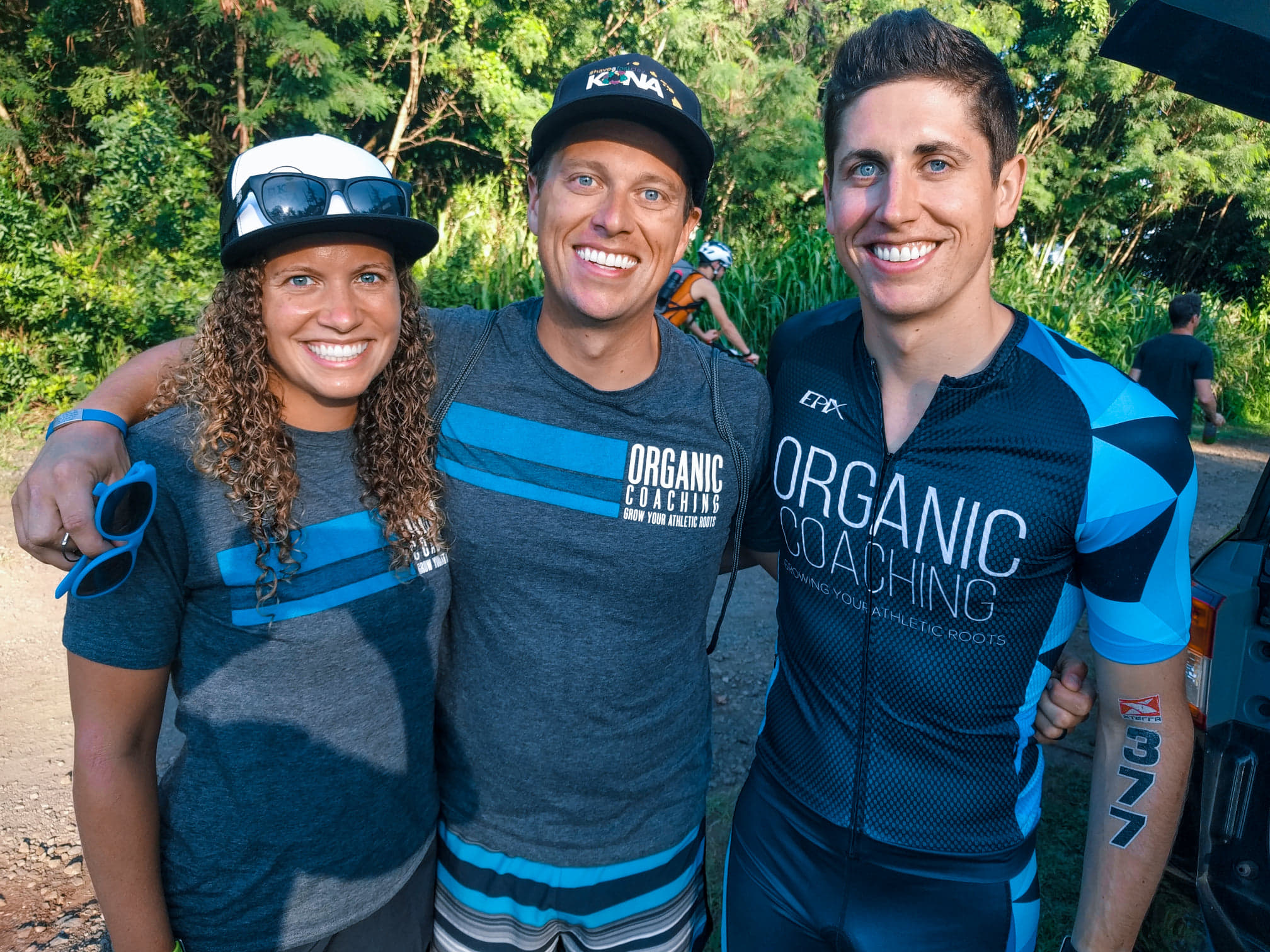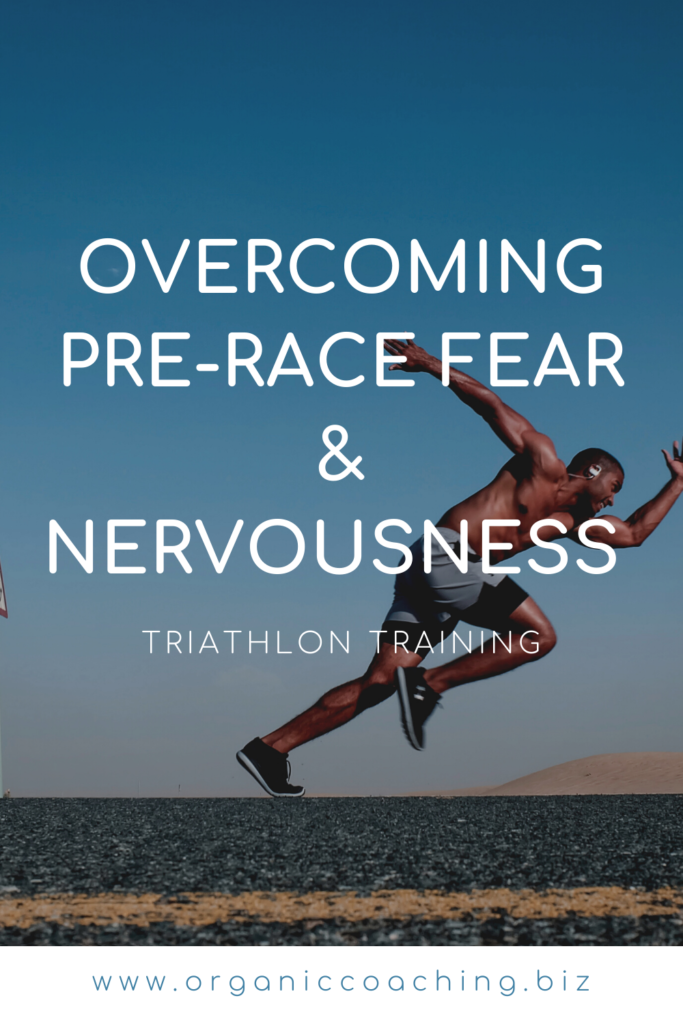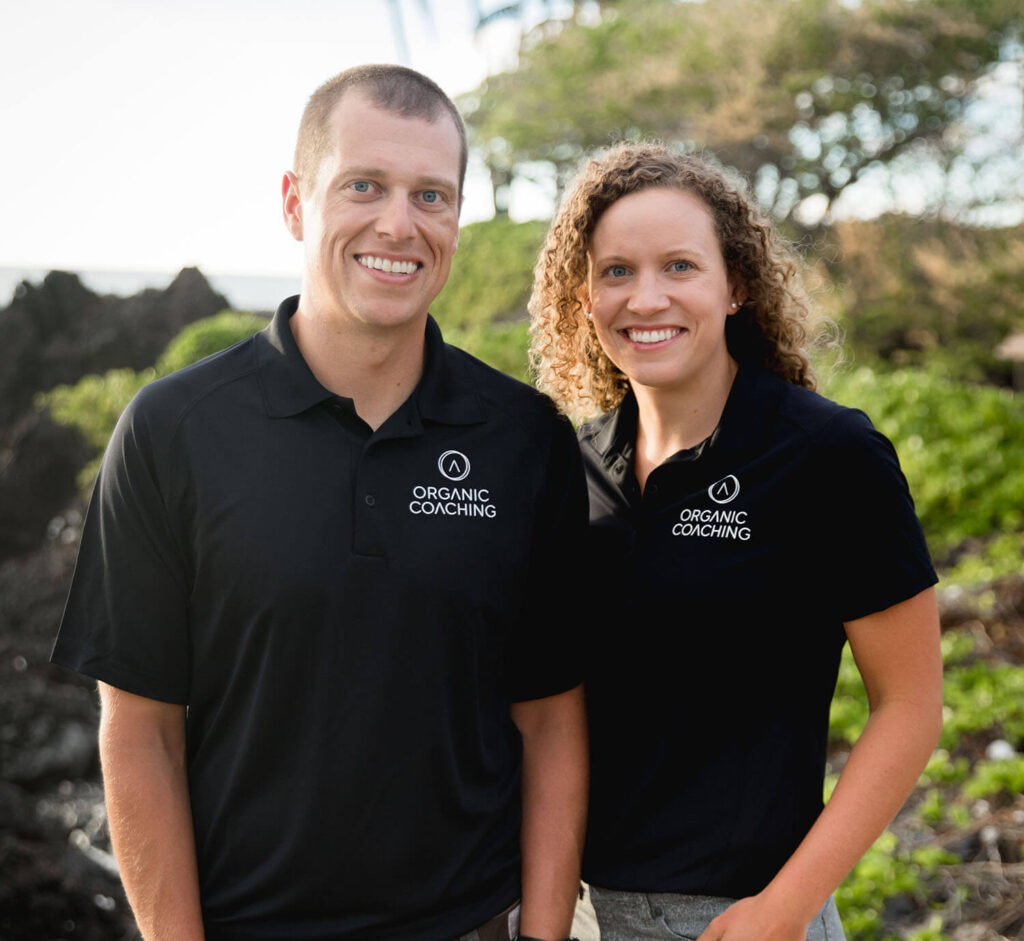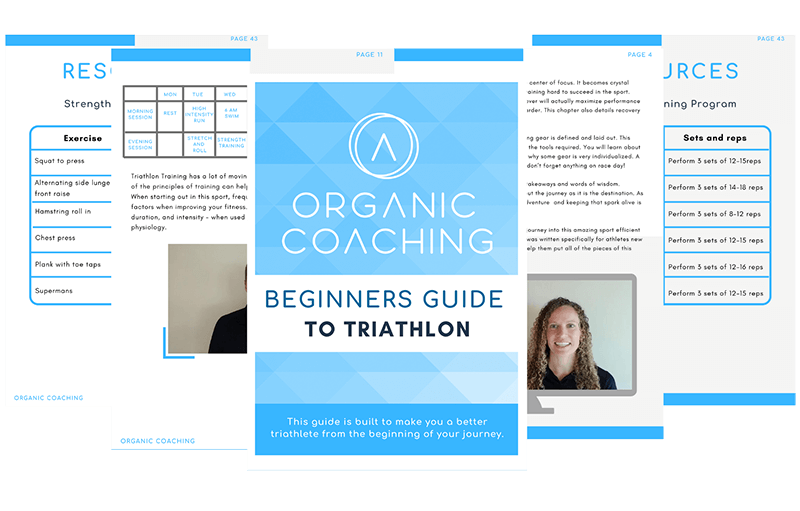

“The unknown, we all fear it and right now there is an ocean full of it”
Al Trautwig, describing athletes waiting in the water to start the IRONMAN World Championships
That quote is from one of my favorite IRONMAN triathlon clips on YouTube.
Fear is very common in the world of endurance sports. Yet we don’t want fear to stop us from accomplishing our goals. We want to ensure we are ready to process, cope with and accept our failures. We don’t want to let our fear of failure overrun us so much that we never reach our true potential. I can personally attest that I often set goals for myself that are on the outer limit of what I can do as an athlete. I have learned to not be afraid to fail when all doesn’t go as planned.
Growing up I raced motorcycles in 3-hour endurance races (surprise, if you didn’t know that!) from the age of 10 through my early 20’s. As a teenager, I spent a couple of years not giving it my all because I didn’t want to not finish. In case I pushed myself or the motor too hard. Over time I learned that failure was not necessarily a bad thing. That I could learn just as much or more from races that did not go my way. That attitude helped take me from the middle of the pack to the very front by my late teens. Fast forward to my life today where I find myself training every day for triathlon. There are a lot of chances to let fear take over. I have come to terms with the fact that there is a chance I am going to have bad workouts and races. I can accept even the thought of it happening and know how to cope with failure.
Make sure you are doing what is realistic for you. Just because you know someone else who trains a certain way doesn’t mean it’s the best for you. Following what someone else does in training or training too fast with someone else can be a quick way to fail time after time. Plus it can lead to deep fatigue.
What fears have held you back in the past? Have you ever thought that you failed in the past? But then upon examining the “failure” you could more easily link the poor performance to improper nutrition, logistics, or rest? Be honest about all aspects of the “failure.” So you can turn the experience into a positive, learn from and avoid it in the future.
Keep your thoughts, words, and actions positive. Don’t dwell on what went wrong. Be positive about what you can do to make next time, week better, or race better.
Fear can be very powerful and will hold us back before we even give ourselves the chance to succeed. Don’t let fear take control, control fear!
READ MORE: IMPROVE YOUR CONCENTRATION AS AN ATHLETE


Carly and Tyler Guggemos built Organic Coaching in 2014 with a simple philosophy that works. The idea is to take what you have and grow it to get faster, fitter and stronger. And to do it with the time you have – not the time you wish you had.

For athletes who are ready to take their training to the next level while still thriving and succeeding in their professional and family life.
Copyright © 2024 Organic Coaching LLC